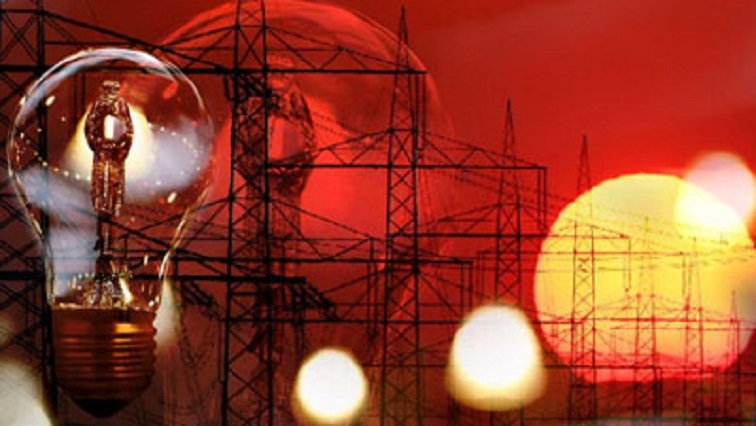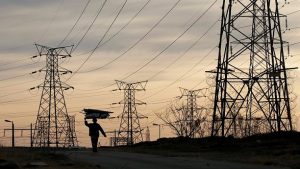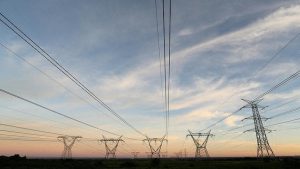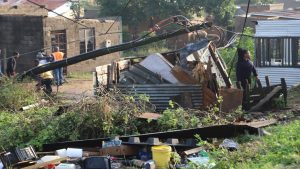Constitutional Law expert Pierre de Vos says in terms of the legislation, municipalities are the primary distributors of electricity. He, however, says this is not exclusive.
The comments were made after former Eskom CEO André de Ruyter said that the bulk of the country’s rolling blackout problems were beyond the power utility’s control.
This is contained in an affidavit which he submitted at the weekend in a court case that the United Democratic Movement (UDM) and 17 other parties have brought.
The parties have approached the court to request it to declare the government’s response to the rolling blackouts unconstitutional and a breach of fundamental human rights.
SA’s rolling blackout problems beyond Eskom’s control:
De Vos says what the legislation which deals with distribution of electricity stipulates, “The national government must ensure and put in place the things that the individual municipality needs, for example, have Eskom produce the electricity transmitted to the municipalities and then they actually deliver the service.”
He adds, “To what extent this is a constitutional obligation, because it is not explicitly written in the constitution that there is a right to electricity? That is open for debate.”
In an affidavit, de Ruyter mentioned that since 1998, there has been insufficient investment in new generation capacity – a responsibility vested in the Minister of Mineral Resources and Energy.
De Vos says, “De Ruyter says the load shedding that South Africa is experiencing today has been at least 25 years in the making. He says over this period, the bulk of the factors which led to the intense load shedding in the country are entirely out of Eskom’s control.”
He says the lack the insufficient investment in new generation has inhibited Eskom’s ability to ensure adequate electricity supply.






